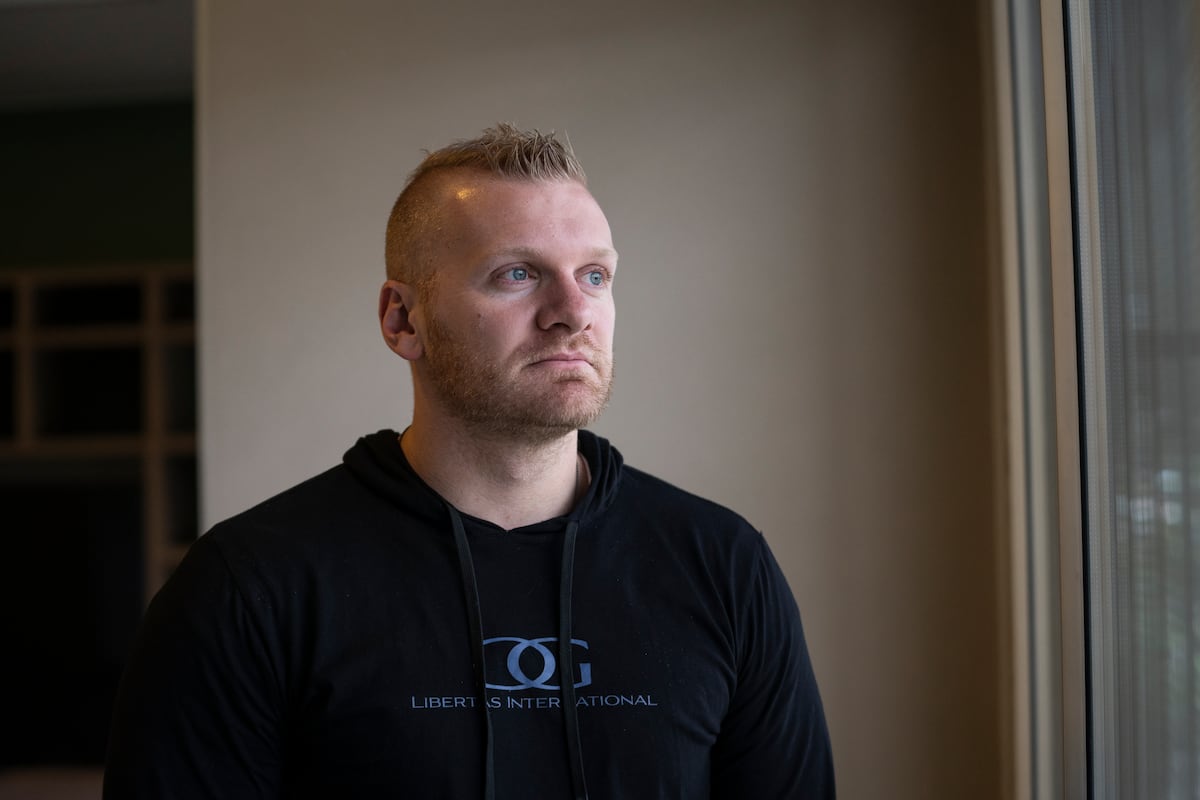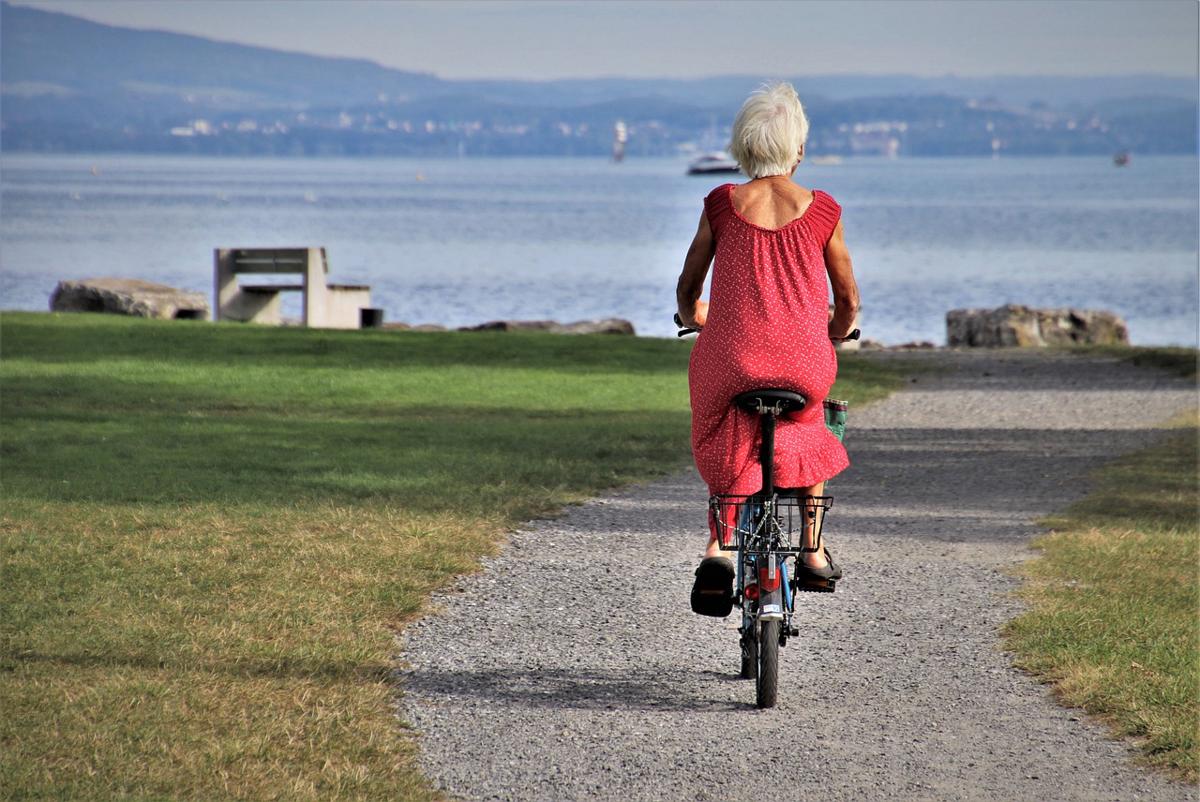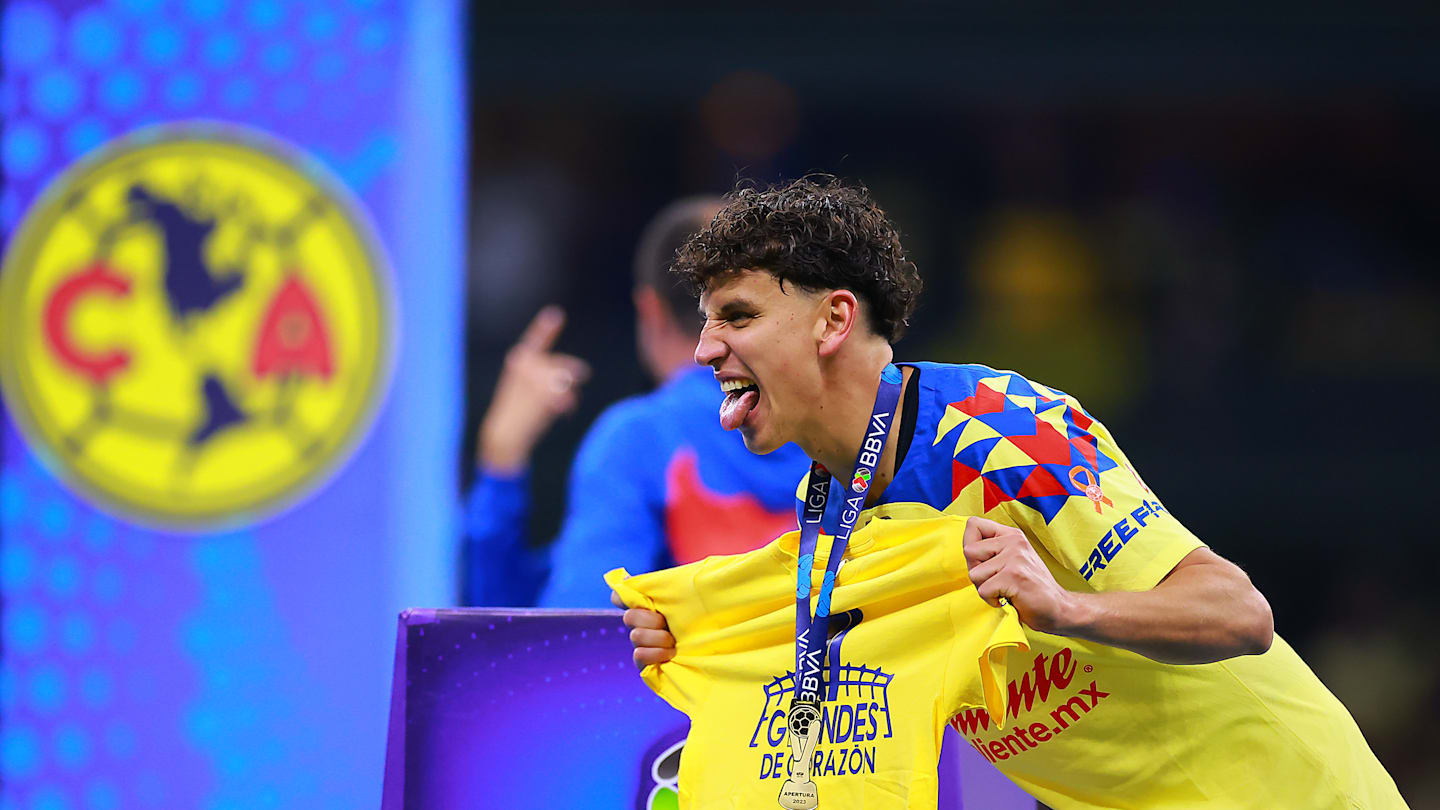After equestrian sports association KNHS announced in mid-November that the contract of Rob Ehrens, national coach of the show jumping riders, will not be extended, a riot broke out. “I’m just turned off, it really hurts me,” he told in The Telegraph. In return for de Volkskrant he said he had been “disrespectfully set aside” after 16 years of loyal service. Never before had signals reached him, he said, that riders or the union were dissatisfied with his work.
A month and a half later, things have calmed down, although the course of events has touched Ehrens more deeply than he thought possible. But life goes on, he says. He has his own stable with his son and continues to provide training and clinics. He wishes his successor Jos Lansink, who did an internship with him in the late 1970s and whom he calls “correct, technically strong and straightforward”, all the success in the world.
It is too simple to dismiss the unexpected departure of Ehrens and the arrival of the new national coach Jos Lansink as a riot. The change symbolizes profound changes in equestrian sport. Success for the Dutch show jumping riders is less obvious than in the past. According to those involved, Lansink handles these changes better than Ehrens.
His departure was a personal drama for Ehrens, the equestrian association also acknowledges, but it would be better for the sport. Iris Boelhouwer, technical director of the KNHS, contradicts that the national coach has never been confronted with critical voices before. Her predecessor Maarten van der Heijden is said to have discussed with him several times that things had to change. A claim that still angers Ehrens.
Riders confirm the national coach’s reading. It was left in the dark, they say. Maikel van der Vleuten has often seen colleagues complain to him about Ehrens, but that criticism never reached the person concerned. “I didn’t want to get involved,” he says. “I thought they were old enough to turn to him directly.”
Where the KNHS mainly, but not only, leads the poor performance of recent years before the coach change – the Dutch show jumping team won no medals at the past two Summer Games and the World Equestrian Games – a tour among riders shows that there is more going on. “We thought that Rob could be a bit more present at competitions,” says Frank Schuttert. “A lot has changed in show jumping in recent years. Previously it was mainly about country competitions and the Dutch National Championships, nowadays competitions are held weekly in the Global Champions Tour and the Rolex competition. That’s where a national coach keeps his finger on the pulse. How does a horse move a day after strenuous exercise? How does a combination prepare for the warm-up? Which combinations are emerging?”
It’s no secret that Ehrens isn’t a big fan of the Global Champions Tour. He mainly followed competitions via the live stream – an omission according to some riders, because you can’t see what is happening on the release site there, for example. Van der Vleuten: „Via the livestream you can see how many points a combination gets, but you miss all the things around it. The result is that you do not always have the correct information at championships. I understand that some people no longer find that of this time.”
Help if needed
If you have a large and good quality horse stock, with experienced riders, there is little to worry about. Then as a national coach you can build on previous success, take your riders at their word (“my horse is perfectly fine”) and you are less likely to call on new talent. A luxurious situation.
Show jumpers prepare individually for country tournaments, the way they have been doing for years, often with their own coach. The national coach must moment supreme ensure good team spirit and well-considered tactics. Ehrens could afford to say to his best riders, “Call me if you need help. You’ve been doing well all year, I don’t want to get involved too much.’
But in recent years, the horse stock has continued to dry up. Promising horses are sold abroad. To ensure a good flow – ‘selection’ as they call it in football – the national coach had to keep an eye on young horses and young equestrian talent better than ever. He had to see them grow up, as it were, in all those competitions. And that was precisely a place where Ehrens (unlike Lansink) rarely shows his face. “Sport has fundamentally changed,” says Boelhouwer. “The Global Champions Tour has shaken up the market considerably.”
Various riders say that they have urged the KNHS to appoint an assistant next to Ehrens, who could take over part of his duties. “Because Rob has had wonderful successes, has a nice personality and gets along well with media and horse owners,” says Schuttert. “He is a figurehead for the sport. But it would have been nice if someone who likes to come to competitions had given him a signal every now and then: keep an eye on this or that. Preferably someone in a coaching role.”
That assistant never came, although Ehrens says he would have been open to it if the idea had been suggested by the KNHS. According to the union, that has indeed happened – there too the parties are not on the same page. It is certain that the new national coach will be relieved. The KNHS wants to expand the duties of team manager Ad Wagemakers. The intention is that he will visit matches more often, but the exact details are still being discussed.
Photo Pierre Costabadie/Icon Sport
It is no superfluous luxury, because with the growth of the number of lucrative and high-quality tournaments – more than a hundred in 2022, where often several thousand euros in prize money can be earned – sporting and commercial interests are increasingly intertwined among show jumpers. It is tempting, they admit, to ride as many of these types of competitions as possible as an independent entrepreneur. Earning a lot of money and competing in top form for the country’s honor sometimes stand in each other’s way. A national coach must also keep a close eye on such developments, says technical director Boelhouwer. “The position requires different competencies than before.”
Man of few words
Ehrens’ shortcomings probably did not go unnoticed by Boelhouwer when she followed the matches in Valkenswaard, Den Bosch, La Baule, Aachen, Rotterdam, Barcelona, Riesenbeck and Tokyo in corona time. Those present noticed how closely she observed his behavior, in order to draw her conclusions afterwards. “It was her analysis,” says Willem Greve. “I’ve talked to her through nose and lips, but she’s never asked me face to face: should he come out or not?”
In annual evaluations with the KNHS, riders did name Ehrens’ strengths and weaknesses, but the latter, he said, were not discussed with him. He calls the fact that riders never approached him “a missed opportunity”. The proportions, he said, were good. “I have often asked them what I could do better.”
When the KNHS board organized an information meeting for riders about Ehrens’ departure in December, his successor had not yet been found. The riders were presented with a fait accompli and not everyone was happy about that. But most speak of “an open conversation.” They could express their wishes and make suggestions for names of successors. Lansink’s, say several attendees, topped the short list.
Where positivist Ehrens guarded the atmosphere well as national coach, and gave riders a lot of space, it is expected that Lansink will adjust them more at competitions and where necessary will disappoint and confront them. The seven-time participant in the Olympic Games knows the intricacies of the trade. “You know what he’s in for,” says Frank Schuttert, who worked with him for over eight years and had many successes with his horses. “He is a man of few words, but when he says something, it matters.”
#jumping #rider #Lansink #suited #time #national #coach







